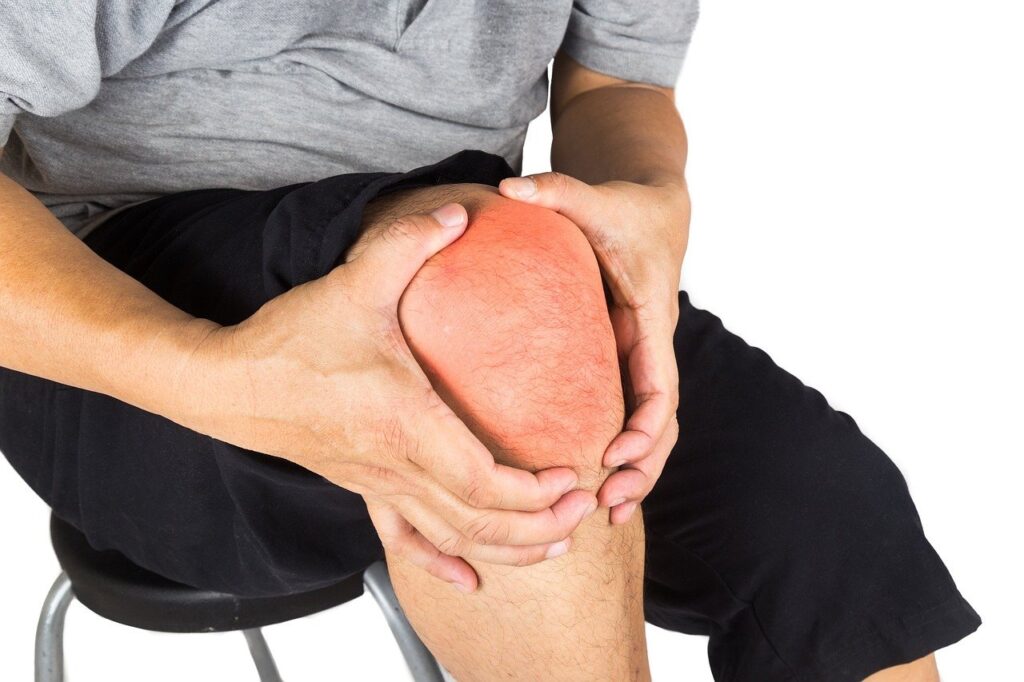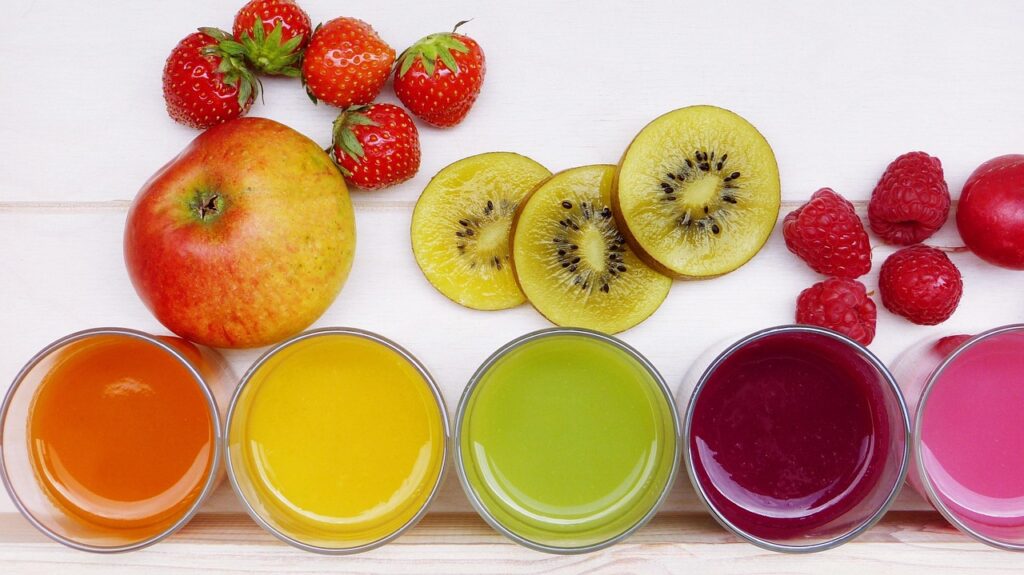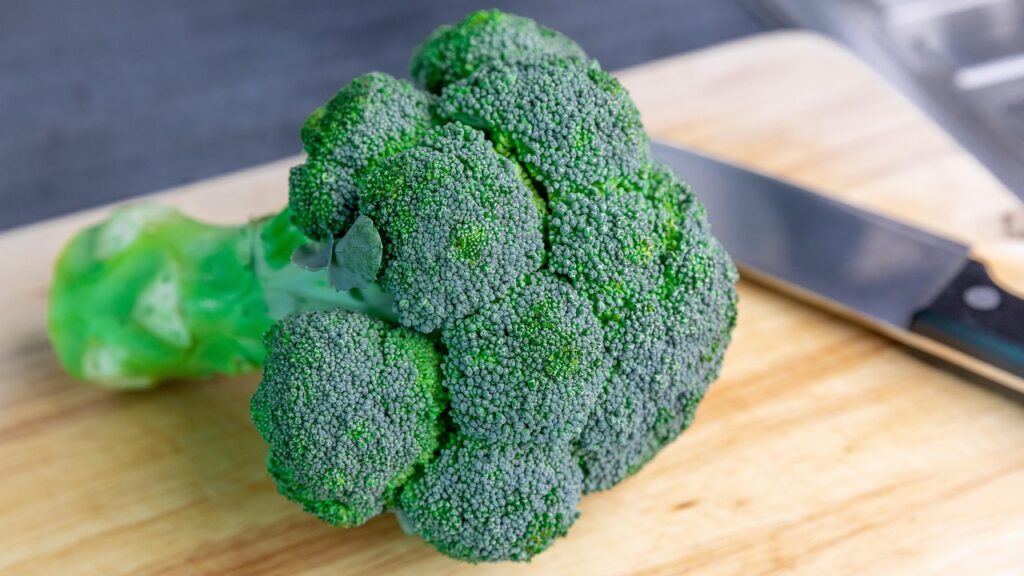Living with Crohn’s disease or ulcerative colitis means that food isn’t just fuel—it’s a factor in how you feel every day. Whether you’re newly diagnosed or a seasoned pro at managing your symptoms, preparing meals with IBD in mind can make a big difference. Smart food preparation helps reduce digestive distress while ensuring you get the nutrients your body needs. Here’s how to make meal prep work for you.
Keep It Simple: The Power of Gentle Cooking
Raw foods can be tough on the gut, but cooking them properly can make all the difference. Baking, steaming, roasting, and slow-cooking help break down tough fibers and make digestion easier. Avoid deep-frying or heavily charring foods, as these cooking methods can add stress to an already sensitive digestive system.
For vegetables, peeling and de-seeding them before cooking can make them gentler on digestion. Think roasted carrots, steamed zucchini, or mashed sweet potatoes—all easy, nutritious choices.
Batch Cooking: Less Stress, More Ease
Living with IBD can be unpredictable, and there will be days when cooking from scratch feels impossible. That’s why batch cooking can be a lifesaver. Preparing larger portions of well-tolerated meals in advance and freezing individual servings makes eating easier when you’re low on energy or experiencing symptoms.
Cook a big pot of well-blended soup, make a batch of soft, well-cooked rice, or prepare shredded chicken that can be quickly reheated and added to meals. Having these on hand means less stress when you’re not feeling your best.
Choose Easy-to-Digest Ingredients
Some foods naturally cause less irritation and are easier on an inflamed digestive system. Stick to lean proteins like poultry, eggs, and fish, well-cooked vegetables, and simple grains like white rice or oatmeal. If dairy is an issue, opt for lactose-free alternatives or plant-based options.
When trying new foods, introduce them slowly and in small amounts to see how your gut responds. Keeping a food journal can help track what works best for you.
Small, Frequent Meals: A Friend to Your Gut
Big meals can overwhelm an inflamed digestive system, so eating smaller portions more frequently may help. Planning five to six smaller meals a day instead of three large ones can reduce strain on digestion and keep energy levels steady.
If meal prep includes snacks, go for easy-to-digest options like homemade smoothies, lactose-free yogurt, or soft-cooked eggs. Keeping portable snacks like ripe bananas or applesauce on hand can also be helpful for busy days.
Hydration Matters: Sip Smart
Dehydration is a common concern for people with IBD, especially during flares. Prepping hydration-friendly foods can help. Bone broth, herbal teas, and electrolyte-rich drinks (without artificial sweeteners) can keep you hydrated. Be mindful of caffeine and carbonated beverages, as they can be irritating to some people.
Gentle Seasoning: Flavor Without the Flare
Spices and seasonings can make food more enjoyable, but some may trigger symptoms. Instead of heavy spices, opt for gentler flavors like fresh herbs, ginger, or turmeric, which may even have anti-inflammatory properties. Avoid excessive salt and high-fat dressings, which can worsen symptoms.
Meal Planning for Less Guesswork
IBD flares can be unpredictable, so having a loose meal plan can take some of the stress out of eating. Preparing a weekly menu with easy, gut-friendly meals ensures that you have safe options available when needed.
Consider planning meals based on how your gut is feeling:
- Flare Days: Stick to soft, low-fiber foods like mashed potatoes, bone broth, and plain rice.
- Better Days: Incorporate more variety with well-cooked vegetables, lean proteins, and healthy fats.
- On-the-Go Days: Have easy, prepped snacks like soft oatmeal bars, dairy-free yogurt, or a homemade smoothie ready to grab.
The Bottom Line
Meal prep for IBD doesn’t have to be complicated. Focusing on gentle cooking methods, batch prepping meals, and choosing easy-to-digest foods can help make eating less stressful. While everyone’s IBD journey is different, having a plan in place allows you to nourish your body while keeping symptoms in check. And as always, listen to your gut—literally!








